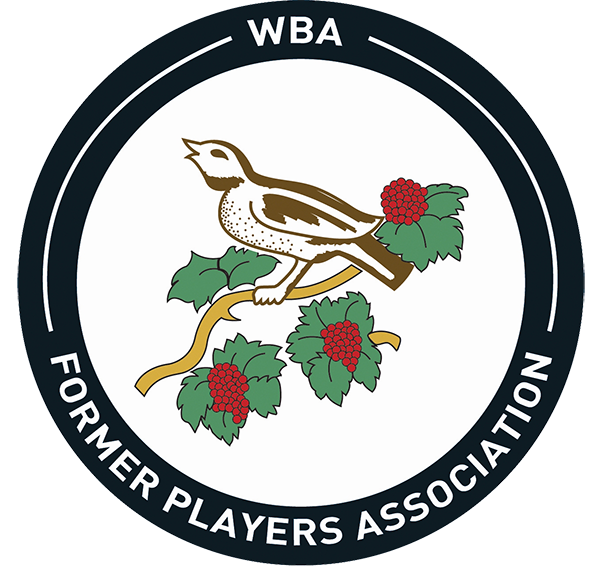Back in the top flight once again, was the dream that in many respects the ‘Father’ of the club Fred Everiss was praying for every-day since relegation in 1939. When he stood down from the managerial role in 1948, handing over to Jack Smith, He told the local press, “I have got to pack up one day, and while I would like to have seen Albion back in Division One, I feel the time has arrived, when I should make way for somebody else. In my opinion, the load these days is too heavy for any one man to carry.”

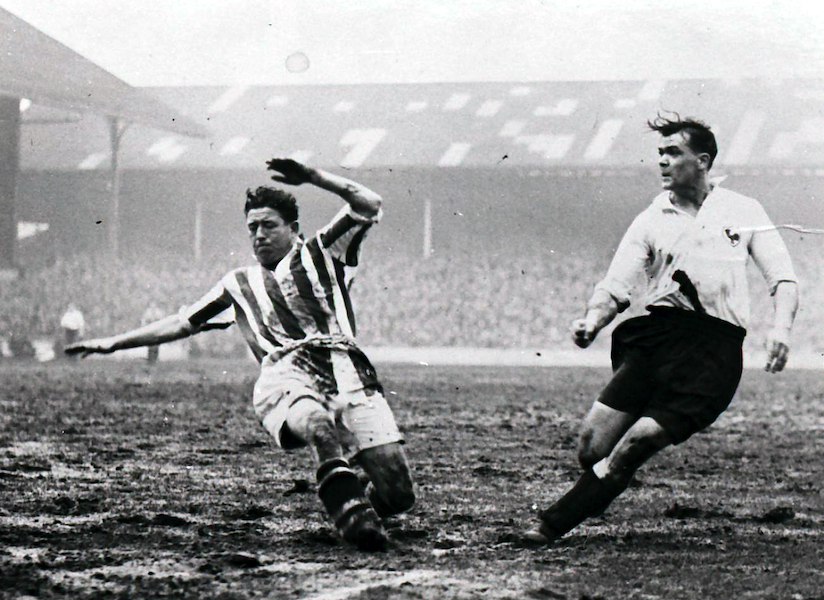

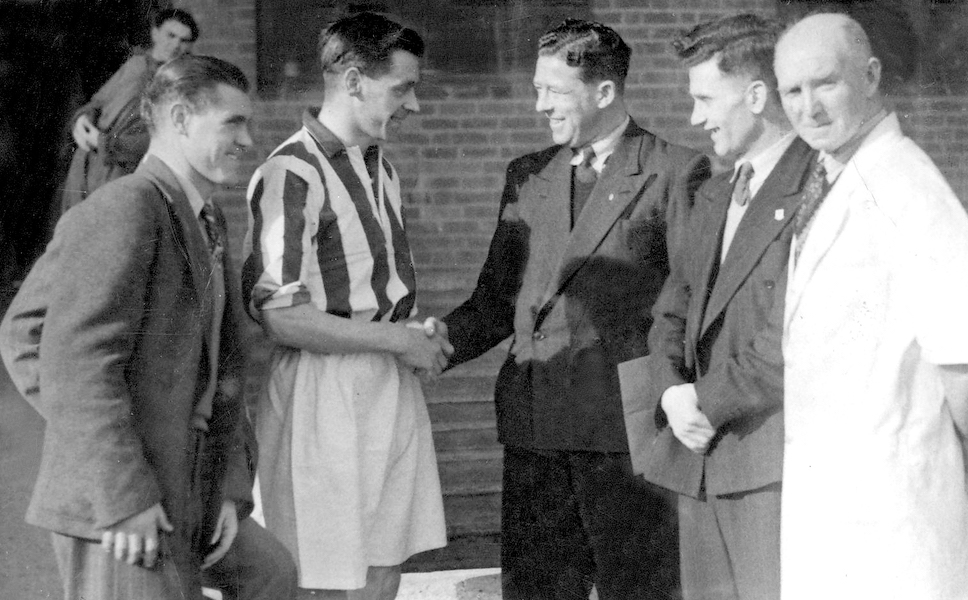
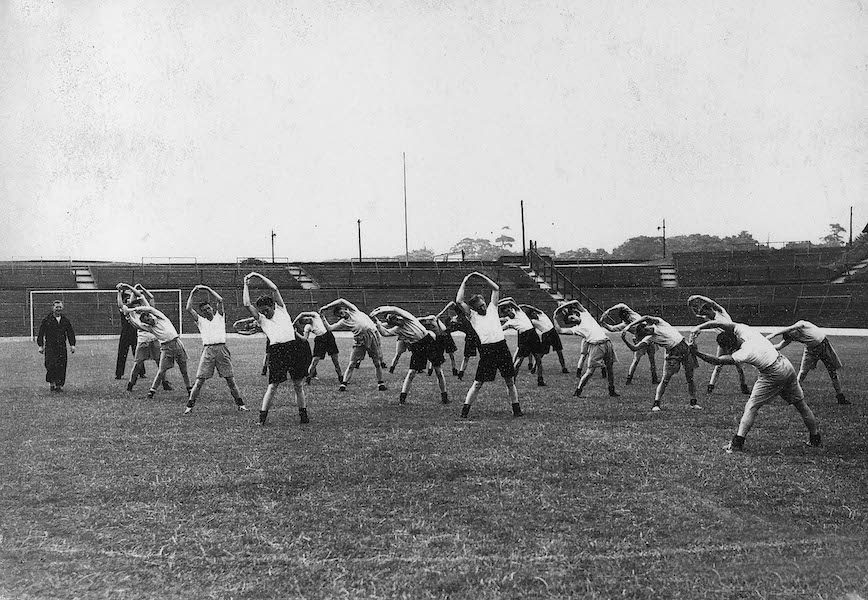
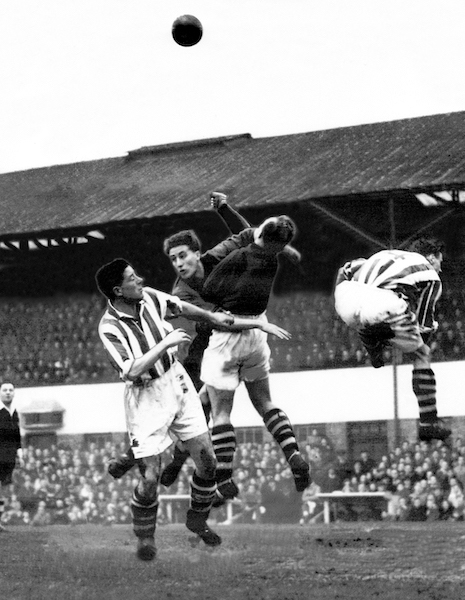
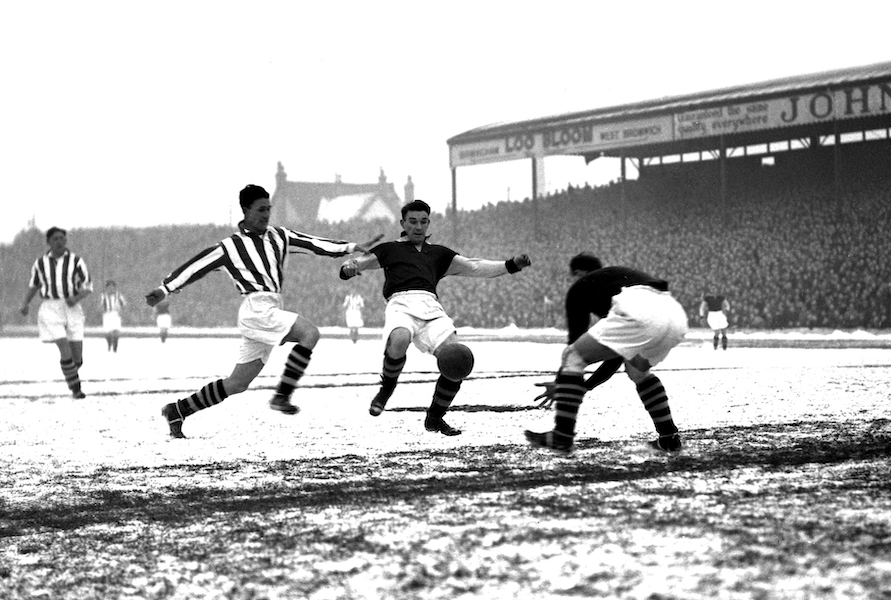
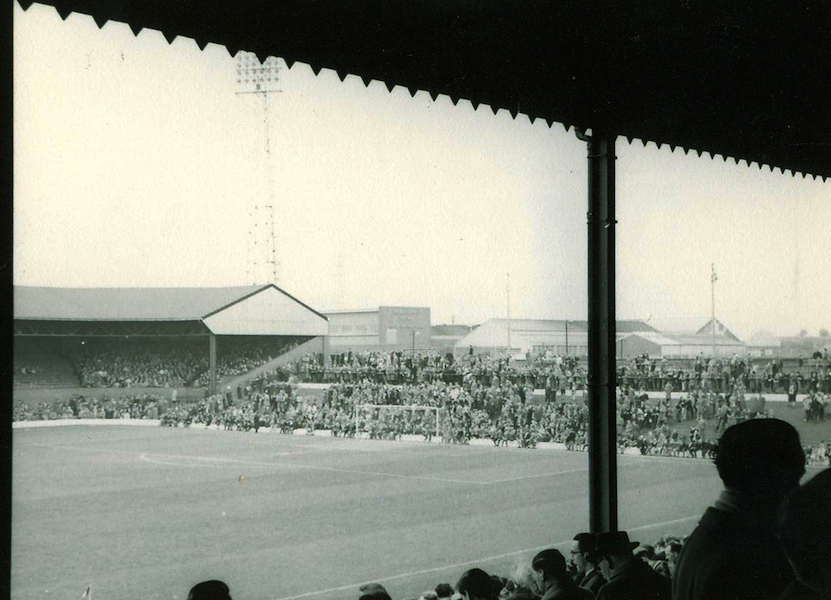

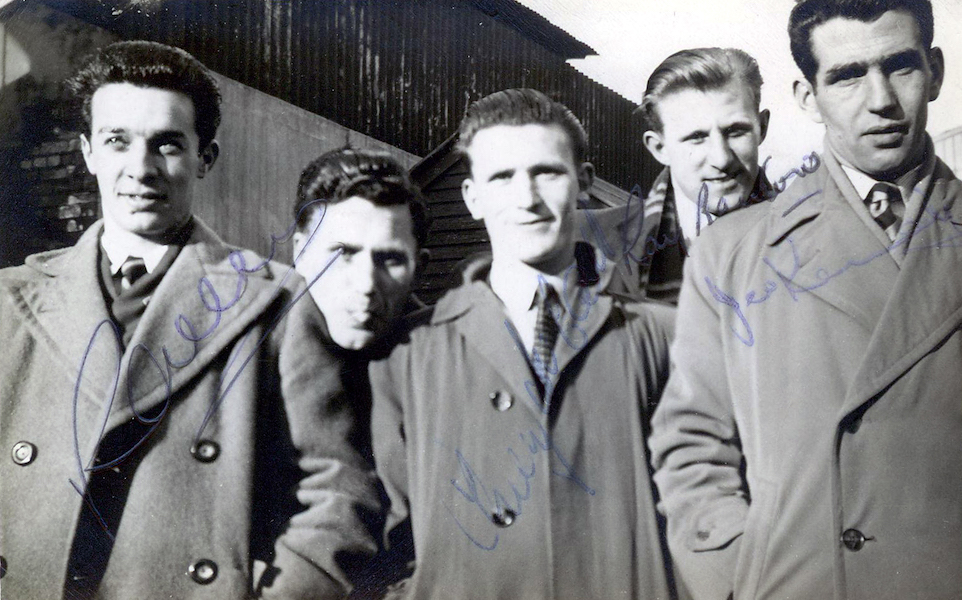


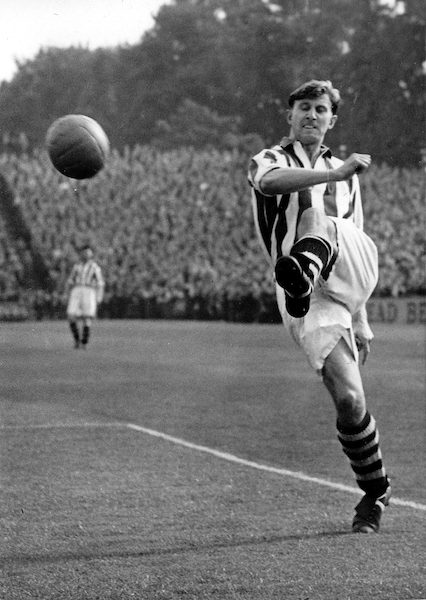

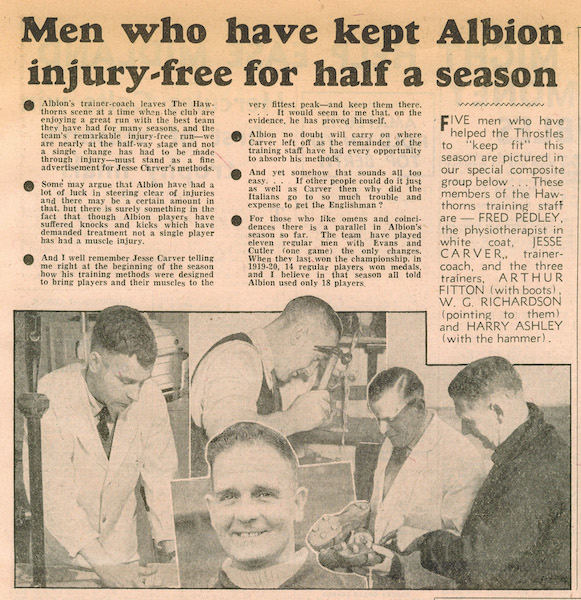
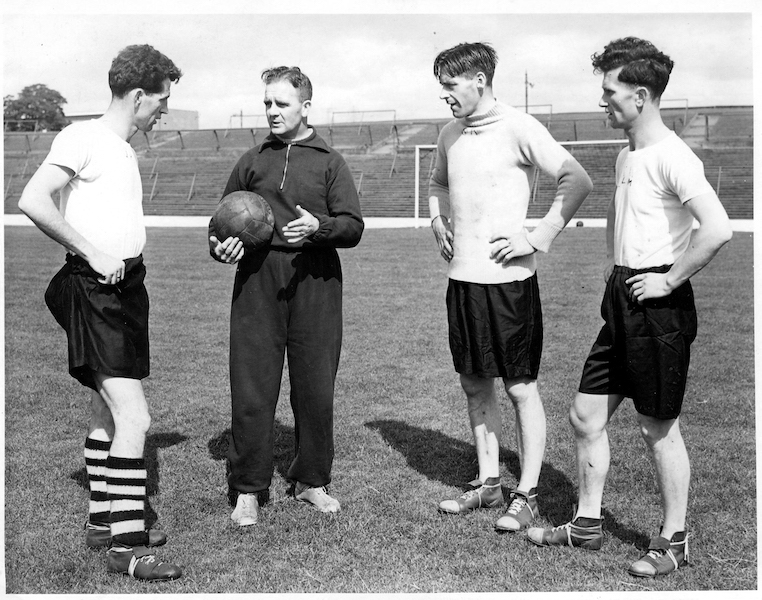
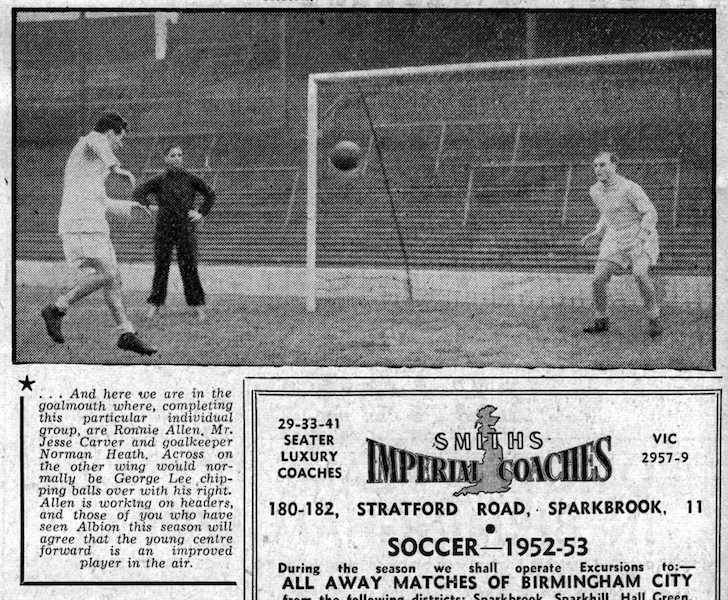
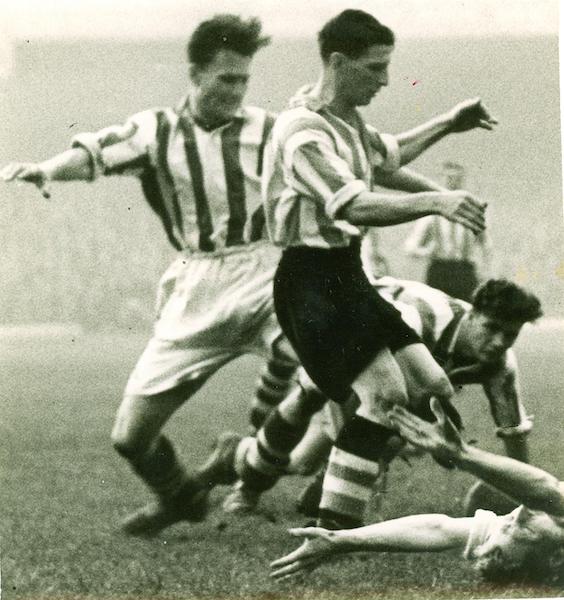

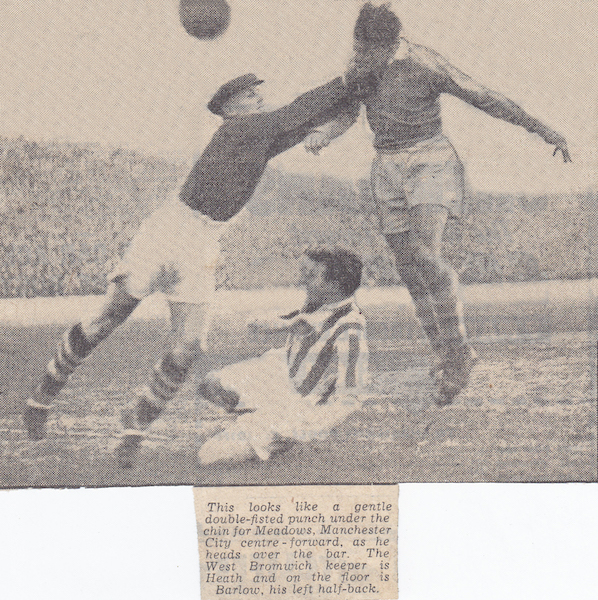
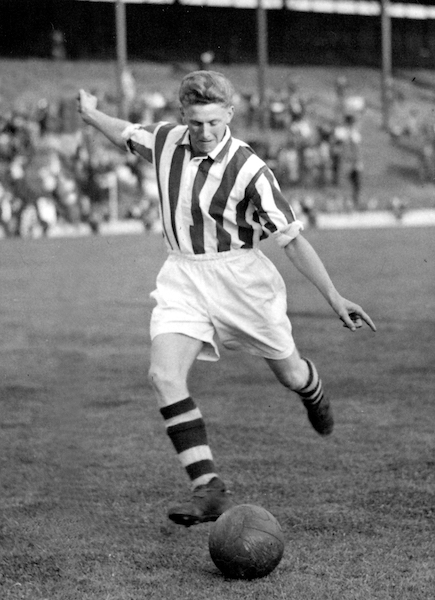

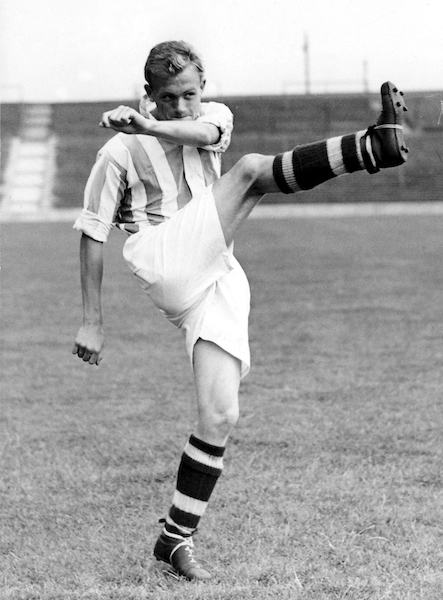


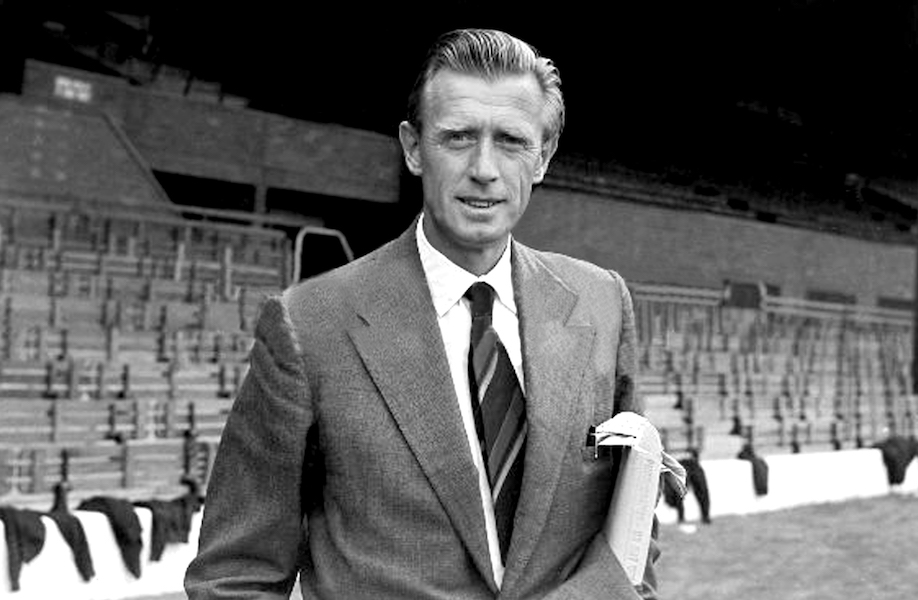

Many other wonderful servants of the football club, William Iaisiah Bassett, Harry Keys, Charles Couse to name a few threw their lives into the club, but in Everiss’s case it was quite literally that, the pressure of keeping the club afloat causing him serious illness, which necessitated Everiss handing over the reins to his Brother-in-Law Ephraim Smith for a period of time, whilst he recuperated. It was also well-known that the Albion ‘boss’ even re-mortgaged his home at one stage in order to pay players wages and other expenses. So when the time came for him to step down, it must have been a big wrench to the man that had lived and breathed the football club for nearly fifty years. Sadly just over one year into the fifties decade, in March 1951, the great man succumbed to life’s stresses when he passed away at his home in Nicholls Street, West Bromwich, at the tender age of just 68 years, ironically the same age as his friend and mentor Bill Bassett back in 1937.
Mr Everiss had been taken ill just before Christmas, and although he had made a partial recovery, he suffered a re-lapse in February, and died on the 3rd March 1951. A dark cloud encircled the Borough of West Bromwich with his passing, just as that cloud had gathered in April 1937 when Mr Bassett passed away, before his time it must be said, as the football team prepared to play Preston North End in that F.A Cup Semi-Final at Highbury.
Jack Smith, would manage Albion for two more seasons, until nearing the end of the 1951/52 campaign, he suddenly resigned his post in April 1952, after ironically overseeing arguably Albion’s best result of the season, the ‘Throstles’ defeating Staffordshire rivals Wolverhampton Wanderers at Molineux 4-1 on Easter Tuesday, completing the ‘Easter’ double over Wolves, having beaten the old rivals 2-1 at The Hawthorns the previous day Easter Monday. It certainly came as a big surprise to everyone in West Bromwich, and neither the club nor Mr Smith made any disclosure as to why the decision was made.
Albion’s win at Molineux completed four wins in succession, the best run of the season, which then came to an abrupt halt, Albion losing two nil at Villa Park on the Saturday, Villa ironically completing their season’s double over Albion. The board quickly announced that no new appointment would be made immediately, and thankfully Albion recovered from that defeat against Villa to finish the season strongly, beating Arsenal and Newcastle United and drawing 1-1 at home to Sunderland, with Ronnie Allen netting from the penalty spot, to finish the season with a really impressive tally of 35 League and F.A Cup goals, which included two penalties.
Although Albion only finished thirteenth in Division One that season, it had for many reasons, been an important one. Allen ended the season as top scorer for the second campaign in succession, the second of six seasons that Albion’s new charismatic ‘leader’ would do so, completely taking over the mantle of ‘King of the Hill’ from Dave Walsh, who had been transferred to Aston Villa in December 1950, following a dispute with the board, having scored 100 goals for the club in 174 appearances.
With Jack Smith now gone, the Albion board turned to a man who just oozed innovation, Liverpool born former Blackburn Rovers and Bury player Jesse Carver, who had been appointed the National coach and advisor to the Dutch Football Association in 1947, before enjoying enormous success in Italy coaching at no fewer than eight top flight Italian clubs including Internationale Milano, AC Roma, Torino, Sampdoria, Genoa and Juventus, Carver taking up his new post at The Hawthorns on 30th June 1952. Although it would be a short appointment, just five months, for some inexplicable reason Carver never signing a contract at The Hawthorns, and when Sampdoria sounded him out for a return to the sunshine of Italy, he walked out of the Hawthorns, for the last time, but left behind a team that was beginning to go places, with training techniques that could only be referred to as innovative, and a very safe place for another safe pair of hands to succeed. That man would be the ‘first gentleman’ of football Mr Vic Buckingham, the former classy Tottenham Hotspur wing half.
Jesse Carver left behind a legacy that I think it was fair to say, Mr Buckingham would thrive on. Indeed Carver’s training techniques were considered to be “Revolutionary” according to Albion’s skipper elect Len Millard, who admitted that he had never enjoyed training so much as he had under Jesse Carver. Even Ronnie Allen admitted that Carver’s training and counsel helped him enormously in his style of play, as a deep lying centre forward, which of course would pay dividends for Albion under the new management of Vic Buckingham in the coming years.
Albion skipper Jack Vernon completed his five year contract with Albion, and as he promised, he walked away from West Bromwich, having made his last Albion appearance against Chelsea in March 1952, and returned home to Belfast to take over the family butchery business, having made exactly 200 first team appearances, with full back Len Millard, already a long serving player, having signed for Albion as an amateur in May 1937, took over the captain’s responsibilities. Millard had actually signed for Albion as a goal scoring centre forward, scoring hat tricks during the war years, but reverted to full back after the war. Johnny Nicholls, a Wolverhampton born inside forward made his debut for the club in an F.A Cup tie at Blackburn in February 1952 and Les Horne and Joe Kennedy shared the number five shirt in the absence of the departed Jack Vernon. Left winger Frank Griffin, a Wembley winner, had signed from Shrewsbury Town scoring eight goals from the wing in the 1951/52 campaign, so all that was needed now was for Vic Buckingham to put the pieces of the jigsaw together and Albion would be heading to Wembley once again in May 1954.
Vic Buckingham, was prized away from Bradford Park Avenue in February 1953, and would remain in office at The Hawthorns throughout the rest of the decade until June 1959, when events occurring on the post season tour of Canada involving fiery wing half Maurice Setters, would ‘come to a head’ and he would resign. However rewinding back to 1953, the former Tottenham player was perhaps a surprise appointment and it was well known that a certain Mr Bill Shankly had been interviewed for the job (according to the minute books). When Buckingham travelled down to The Hawthorns he brought with him two players he thought could benefit his new club, a full back by the name of Harry Haddington, who would never actually player a first team game for Albion, and another young, raw, inside forward, by the name of Derek Kevan, whose brilliant career would virtually take off after making his debut, along with another promising young man from Wolverhampton by the name of Don Howe in 1955.
However, in February 1953, Buckingham’s first task was to take charge of an Albion side about to face Chelsea at The Hawthorns in a fourth round F.A Cup replay, an epic encounter that would go to a third replay at Highbury, one of the longest cup ties in the club’s history, the ‘Throstles’ eventually losing 4-0 in London, before he actually took charge of his first league game, at The Hawthorns against Manchester City, a game Albion would win 2-1 to go to the top of the First Division, Ronnie Allen and Ray Barlow scoring to secure that top spot. Without doubt the side that Jesse Carver built was now showing signs of being the great side that they would become, and it was down to the new manager to make sure that all the hard work and innovation that Carver had put in to the playing side was not wasted.
Unfortunately Albion’s next Division One game away at Liverpool was a bit of a disaster, the ‘Throstles’ losing badly 3-0, and the new man certainly knew that he had a lot of work to do to get his new players around to his way of thinking and produce the brilliant fast flowing football that Mr Carver had achieved. Having said that, at the end of Buckingham’s first season Albion would finish fourth in Division One, behind Arsenal. Preston North End and Wolverhampton Wanderers, experiencing a mixed bag as far as results were concerned, falling short by four points of the eventual ‘champions’ Arsenal, before ‘winding down’ the season with a 3-1 defeat at home to old rivals Wolverhampton Wanderers in the Coronation Cup match on May 4th, the final game of the season. With time now to work with his new players during the summer, the new season would open with expectation, but in all honesty, no-one could have foreseen just what a spectacular season the 1953/54 campaign would be.
